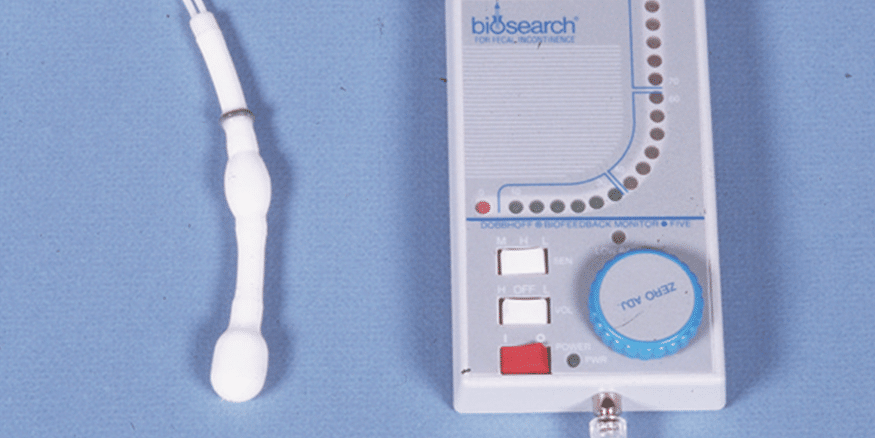- srushtigastro@gmail.com
- +91- 8073380392
Biofeedback Therapy for Chronic Constipation

Biofeedback therapy for chronic constipation and incontinence involves the use of specialized sensors and monitoring equipment to provide patients with real-time information about their physiological responses, particularly those related to pelvic floor muscle activity and bowel function. During a biofeedback session, patients are guided by a trained therapist to perform specific exercises aimed at improving muscle coordination, strength, and relaxation in the pelvic floor area.
The therapy typically begins with an assessment to identify baseline muscle activity and functional patterns. Sensors placed on the skin or within the body provide data on muscle contractions and relaxation, which is displayed on a screen for both the therapist and patient to observe. Through visual or auditory cues, patients learn to recognize and control their muscle activity, aiming to achieve optimal function for bowel movements and continence.
Biofeedback therapy often incorporates techniques such as pelvic floor muscle exercises (e.g., Kegel exercises), diaphragmatic breathing, and relaxation techniques. Patients are encouraged to practice these exercises regularly at home to reinforce the skills learned during therapy sessions.
We provide the best chronic constipation Treatment in HSR Layout. Contact us today.
Benefits:
Overall, biofeedback therapy offers a valuable treatment option for individuals struggling with chronic constipation and incontinence, providing a non-invasive, customizable approach to improving pelvic floor function and restoring bowel control.
Empowering assistance, right when it matters. We’re here to lend a hand whenever you need it.

Call : +91- 8073380392
srushtigastro@gmail.com
Srushti Gastro & liver Clinic 186, 165, 9th Main Rd, Sector 6, HSR Layout, Bengaluru, Karnataka 560102